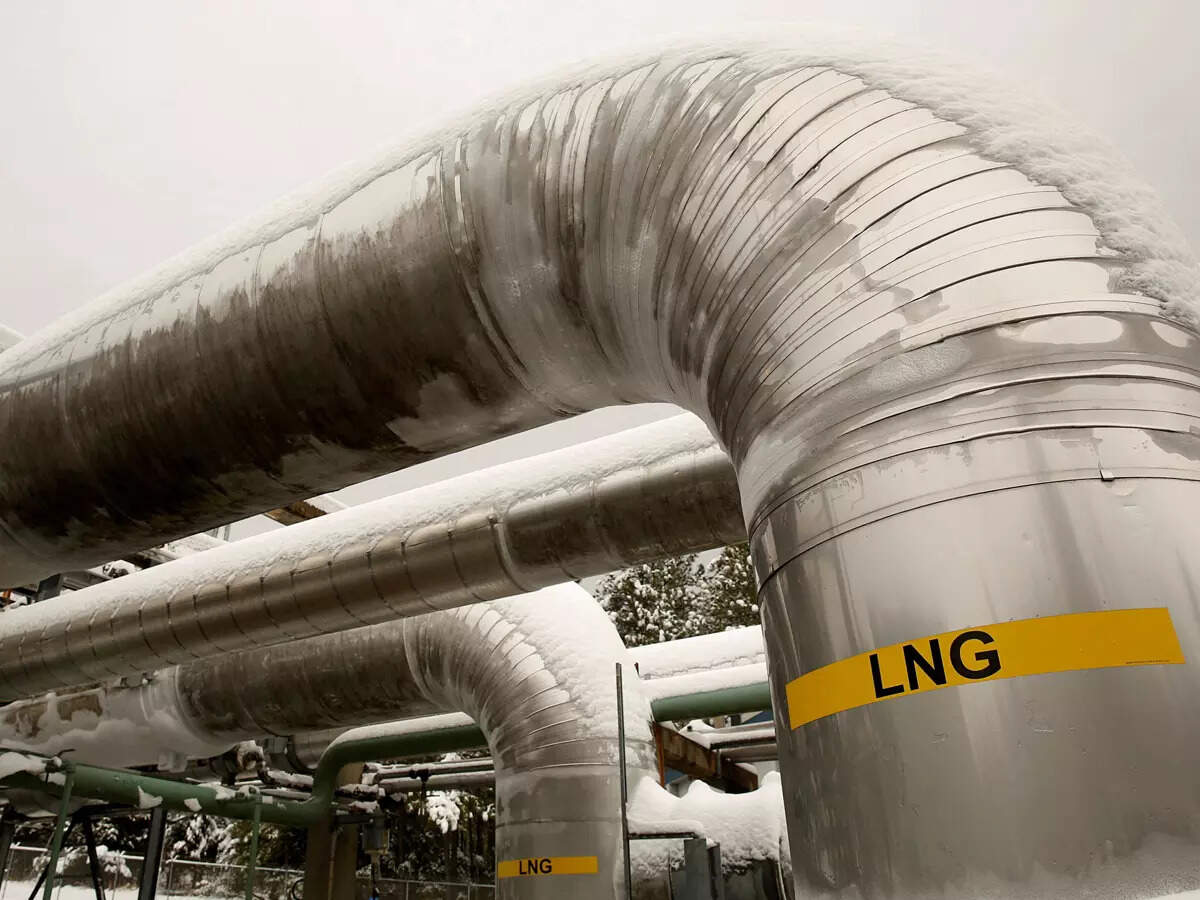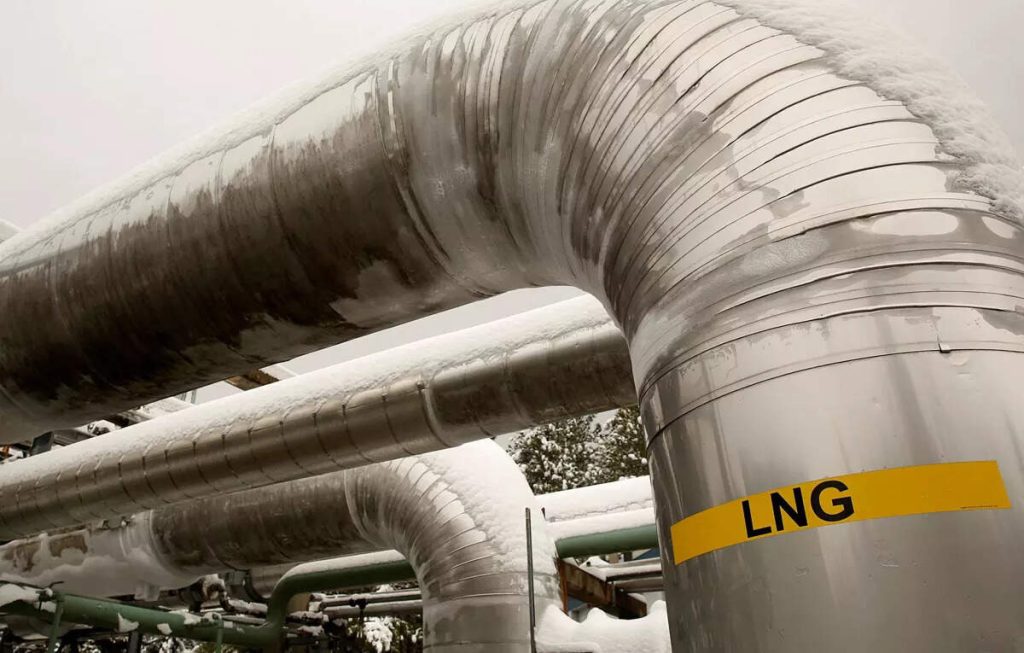
The oil regulator has made it mandatory for companies planning to establish new liquefied natural gas (LNG) import terminals or expand existing ones to obtain prior approval, but dropped the requirement to reserve a portion of the terminal capacity for third-party access.
The Petroleum and Natural Gas Regulatory Board (PNGRB) has notified Registration for Establishing and Operating Liquefied Natural Gas Terminals Regulations, 2025.
“These regulations lay down a robust framework focused on registration and oversight of LNG terminals, (and) promotion of competition among entities and prevention of infructuous investments,” the regulator said, adding that the rules are a step in alignment with India’s vision of increasing the share of natural gas to 15& in the energy mix by 2030.
The norms also seek to ensure equitable and adequate natural gas availability across the country, protection of consumer interests through improved access and supply reliability, and facilitate infrastructure availability for evacuation of regasified LNG through pipelines.
An entity wanting to build an LNG terminal will have to inform PNGRB before taking the final investment decision (FID). The same will have to be done for expanding the capacity of an existing LNG terminal.
The PNGRB nod in both cases will hinge on “promoting competition among entities, avoiding infructuous investment, maintaining or increasing supplies or securing equitable distribution or ensuring adequate availability of natural gas throughout the country, protecting customer interest and availability of gas evacuation facility from the terminal,” according to the rules.
The rules, however, do not contain the requirement of new LNG import facilities reserving a fifth of the capacity for third-party access on a common carrier principle.



